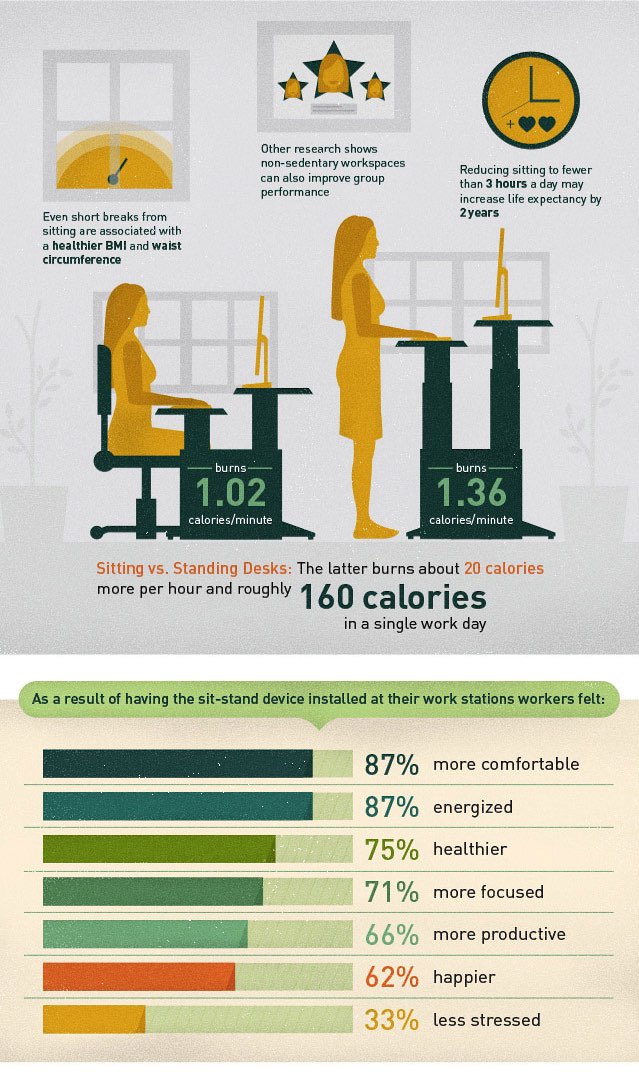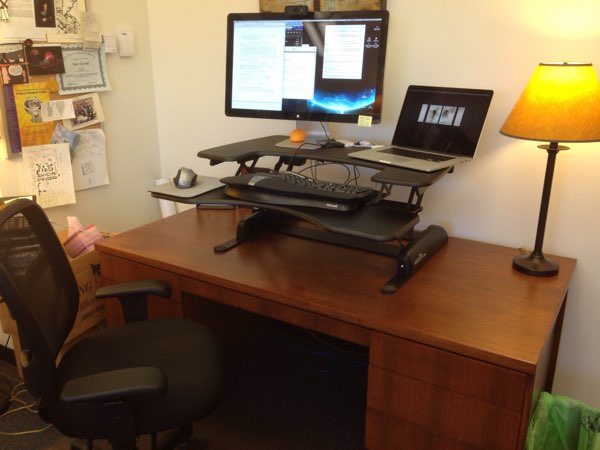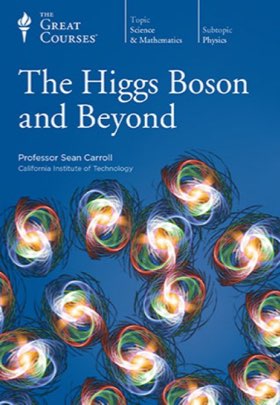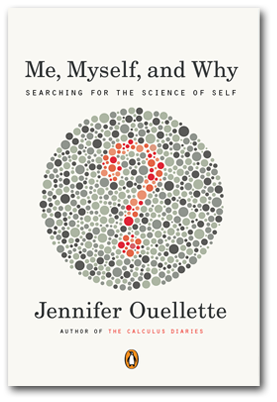Last week I participated in a dialogue with Princeton philosopher Hans Halvorson, sponsored by the Veritas Forum here at Caltech. We were talking about “physics and philosophy,” but the primary issue was theism and naturalism — Hans’s research specialty is philosophy of physics, especially quantum field theory, but he’s also a theist and often writes about science and religion. It was a fruitful discussion (I like to think), as we ended up agreeing about many points, even though we started from very different premises. He agreed with me, for example, that purported fine-tuning of cosmological parameters isn’t a very good argument in favor of the existence of an intelligent designer.
Next month I’ll be doing something related, although under quite different circumstances. On February 21 I’ll be debating William Lane Craig at the Greer-Heard Forum, an event sponsored by the New Orleans Baptist Theological Seminary. It will actually be a two-day event; a debate between Craig and me on Friday night, and follow-ups on Saturday from other speakers — Tim Maudlin and Alex Rosenberg for Team Naturalism, Robin Collins and James Sinclair for Team Theism. Registration is open! I believe the whole thing will be streamed live online, and it will certainly be recorded for posterity. [Update: Here is the video.]
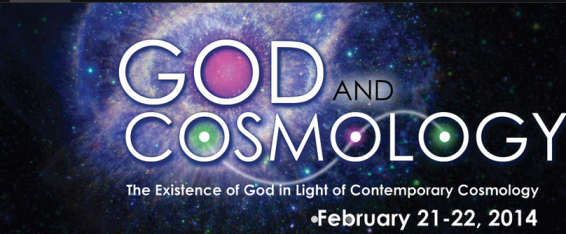
William Lane Craig (or WLC as we call him in the business) is of course a very well-known figure, largely for his many public debates, on theism/atheism as well as on various other specific theological issues. As far as debating goes: he’s very good at it! If his debates were being judged by a panel of experts as in an intercollegiate debate tournament, he would have a very good record indeed. This has led many people to conclude that atheists just shouldn’t debate him at all, or at least not until they have devoted 10,000 hours to learning how to be a good debater.
Daniel Dennett warned me that, as soon as word got out that I would be debating WLC, I would be deluged with opinions and unsolicited advice. Which is great! Always happy to hear other perspectives, although I don’t promise to actually follow any of the advice. I won’t reproduce the various emails I’ve received, but here are a few very different perspectives online: Jerry Coyne, Luke Barnes (and another), and Wintery Knight. (WK is relatively restrained, but others predict “pummelings,” presumably for me.)
Just so we’re clear: my goal here is not to win the debate. It is to say things that are true and understandable, and establish a reasonable case for naturalism, especially focusing on issues related to cosmology. I will prepare, of course, but I’m not going to watch hours of previous debates, nor buy a small library of books so that I may anticipate all of WLC’s possible responses to my arguments. I have a day job, and frankly I’d rather spend my time thinking about quantum cosmology than about the cosmological argument for God’s existence. If this event were the Final Contest to Establish the One True Worldview, I might drop everything to focus on it. But it’s not; it’s an opportunity to make my point of view a little clearer to a group of people who don’t already agree with me.
The guy is a very polished public speaker, and he is certainly an expert in this format. But I have the overwhelming advantage of being right. If I thought WLC were right, I would just change my views. Since I don’t, my goal is to explain why not, as clearly as possible.
The general consensus in some corners seems to be that I will be crushed. I guess we shall see.
